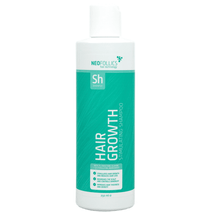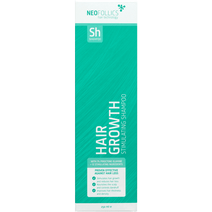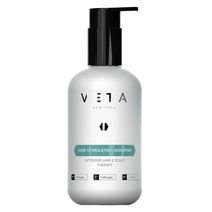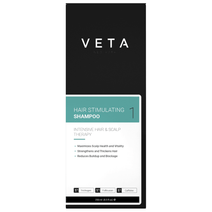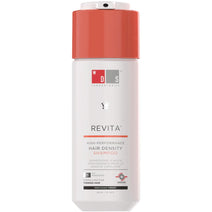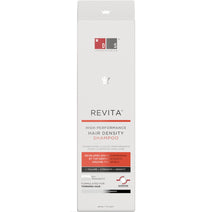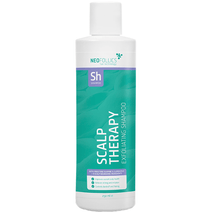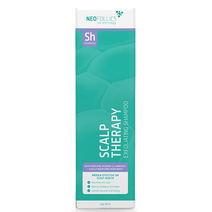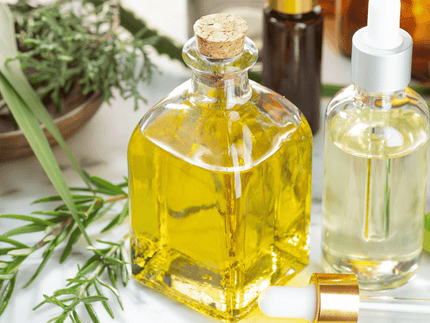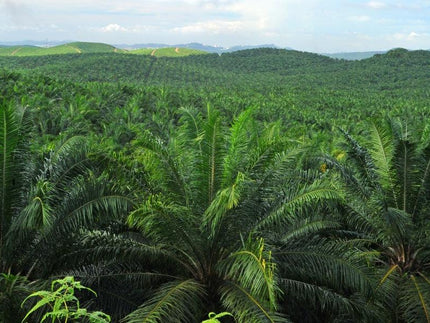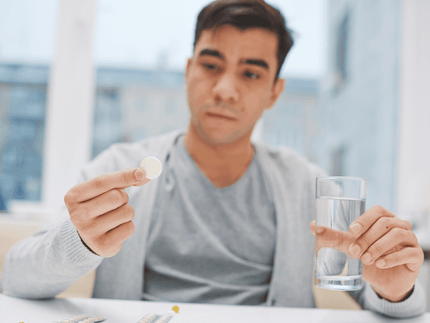What is SLS exactly?
When you study the label of a bottle of shampoo, sodium lauryl sulfate (SLS) or its variant sodium laureth sulfate, is in most cases the second ingredient mentioned. This means that this substance makes up the biggest volume of the shampoo, after aqua (water).
SLS and SLES are sulfates which have a surfactant cleansing working. They are very suitable to create foam and are cheap to produce in bulk. These characteristics cause SLS and SLES to be applied often in personal care products like shampoos, toothpaste, and mouthwash. Because of its powerful abilities it is also regularly used in detergents and other industrial cleaning products.
Why is SLS bad?
SLS is an aggressive substance and has, also in low concentrations, an irritating effect on your skin. This is true to a lesser degree for SLES, which is why this variant is often used in shampoos. The disadvantage of SLES is that it also contains dioxane as a by-product. There are strong signs that dioxane is a cause of cancer. It penetrates the skin and is hard to break down for your body. The use of SLES is considered safe in low concentrations, although the health effects of lifelong washing of the hair with a SLES-containing shampoo are not yet known…
The aggressive working of SLS and SLES also seem to disturb the balance between hair and the scalp. The skin is cleaned but dehydrated at the same time. The natural oils are washed out the hair. Also, a residue is formed at the follicles, which impedes the growth of hair. Without additional chemicals in SLS or SLES shampoos, the hair would feel fluffy after usage.
Some cosmetics producers claim that the SLS or SLES in their shampoos are ‘natural’ because they are processed from coconut oil. Extraction from coconut oil is indeed possible, but only after an elaborate process involving many chemicals. Above all, there is no reason to assume that SLS fabricated in this way is safer.
What is the alternative?
In all, there is a growing demand for shampoos without SLS or SLES. A recommendable alternative is sodium lauryl sulfoacetate(SLSA). Although this substance sounds very similar to both SLS and SLES, it is not a sulfate and lacks many of the negative traits discussed earlier.
SLSA is extracted from coconut or palm oil and is much friendlier to the skin. It is not aggressive and irritating to the skin. Also, it doesn’t dehydrate the skin. Contrary to SLS and SLES, SLSA is hydrophilic, meaning it is dissolvable in water. Due to this, no residuals remain on the follicles after a shower. Also, the dioxane hazard is absent in SLSA shampoos.
Despite these clear advantages, SLSA is not yet broadly applied in shampoos. This is simply because it is more expensive to produce, and is subsequently only used in high-quality shampoos.
Shampoos at the Hair Growth Specialist
Consumers are increasingly conscious of the downsides of SLS and SLES. Concerning the disadvantages and risks involved, these concerns are certainly valid. The cosmetics industry keeps using the stuff because of its powerful cleansing and foaming ability. And the most important reason is probably the low cost.
Fortunately, more and more shampoos without SLS or SLES are available. If you really wish to improve the quality and quantity of your hair it is after all foolish to use a bad shampoo.
The Hair Growth Specialist only sells high-quality shampoos which are free of SLS or SLES, such as:

